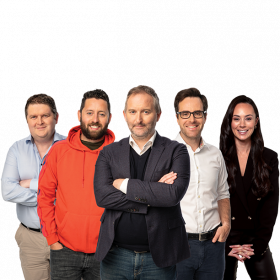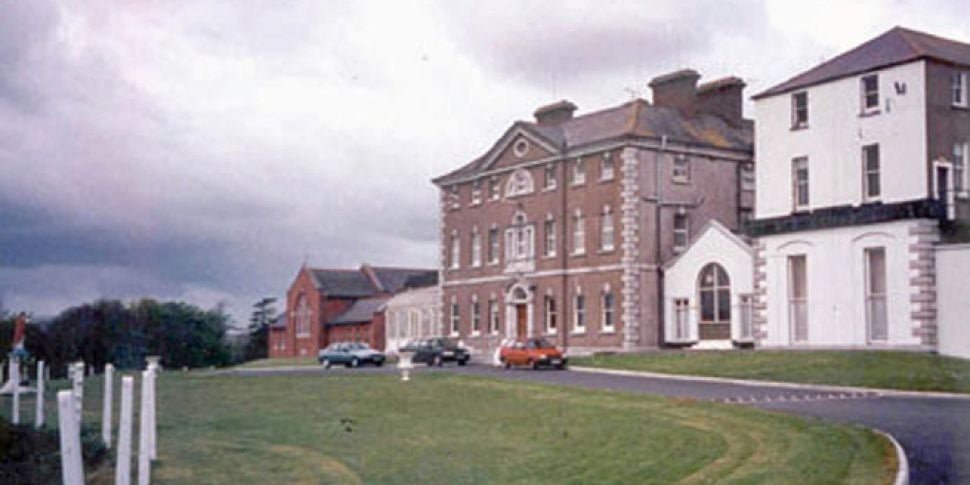The Taoiseach say cabinet will today decide the "best way to proceed" in the wake of the numerous mother and baby home scandals to come to light in recent weeks.
Enda Kenny says the issue is "much broader" than the Bons Secours home in Tuam, Co Galway, where almost 800 infants and young children are thought to have died.
Children's Minister Charlie Flanagan will make a presentation to his colleagues on an inter-departmental examination of facts about the homes.
Mr Kenny says a decision will be made today on how to move forward.
Details of vaccine trials revealed
Yesterday, Newstalk revealed how three drug trials involving vaccines for tetanus, polio and rubella were undertaken at mother and baby homes as well as state and religious run orphanages between 1960 and 1973.
Altogether, 298 children were involved in the trials in ten care homes - led in two cases - by two senior Professors from UCD, Patrick Meenan and Irene Hillary.
According to families of the children known to have been included in the trials, permission from mother’s residing at the care homes was not sought nor obtained before the trials took place.
Medical records eventually supplied by the religious institutions disclose insufficient detail regarding neonatal documentation.
Interim reports from the Laffoy Commission – the original abuse inquiry dealing with institutional care homes – details that three trials took place in ten care homes across the state.
No mention of permission as a prerequisite ahead of the trials is mentioned; nor is there any record of parental or guardian permission including signatures or disclaimers available.
Information supplied by the department of health, the care homes and the pharmaceutical company involved – ‘Wellcome Laboratories’, now GlaxoSmithKlein – reveals that the trials took place in care homes; there is no evidence of the state’s role of initiating or sanctioning the trials, nor is there detail on the commercial gain (if any) as a result of the agreement.
Christy Kinihan was born in Bessborough Mother and Baby home in 1960, months before the first trial included in the Laffoy Commission’s original terms of reference took place.
Information about his experience in Bessborough House is limited; save for the fact that his arms and legs were disfigured by needle marks when he was handed to his adoptive parents in 1961.
Trials
Trial 1 took place on 58 children in five care homes the only one named as Bessborough House in Cork. It involved a trial of a 4 in 1 quadruple vaccine — diphtheria, pertussis, tetanus (DTP) and polio combined (4:1). It was one of those conducted by Professors Meenan and Hillary on behalf of then Wellcome Laboratories.
In 1969, the British Medical Journal published its report into trial 1, revealing that babies as young as 5 weeks were included in the trial and that, while no fatalities occurred, “16 of the 25 infants from a single home developed vomiting, pyrexia, and diarrhea after the second immunisation session. They all recovered.”
Trial 2 took place on 122 children in 1970. 53 of the children involved came from St Anne’s care home, Booterstown in Dublin while 69 were in their own homes in the Midlands. Professor Hillary led the trial which focused on a Rubella vaccine. Reports from among other sources, the British Medical Journal, reveal that this vaccine trial had few side effects, and was – on the face of it – a medically successful operation.
In 1973, 118 children were used in a trial involving the replacement of the ingredient for whooping cough in the already widely used Trivax product. Five named Dublin care homes (St Patrick’s Home, Madonna House, Cottage Home, Bird’s Nest and Bohernabreena,) all took part in the trial. Two of these institutions – Bird’s Nest and Cottage Home – were orphanages; therefore it is all but impossible that parental permission was obtained in these cases at least.
Retired Mother Superior from Bessborough Mother and Baby home Sister Sarto insists that Mother’s consent was obtained before ‘experiments’ were undertaken:
Original abuse inquiry
In June, 2002 the Laffoy commission received documents from the Department of Health, UCD, GlaxoSmithkline and the participating religious orders.
The documentation imparted by GlaxoSmithKline contained information vital to the Division’s investigations and included material which had not been available to the Chief Medical Officer when he was conducting an initial inquiry.
Analysis of this material enabled the Division to ascertain positively, not only the identities of the five childrens' homes involved in the trial, but also the identities of all the trial participants except six children, in relation to whom only gender and date of birth data was provided.
The Laffoy Commission proceeded to investigate the claims of victims; public hearings on Trial 1 were set for 17th June, 2003. Former residents of state-sponsored homes were sent letters compelling them to attend in March 2003 and requested to fill out a questionnaire prior to their testimony.
In the meantime, Professors Irene Hillary and Patrick Meenan successfully argued in the High Court and then the Supreme Court that the investigation was prejudice from the start, arguing that the term ‘abuse commission’ inferred that the vaccine or drug trials are inherently abusive.
Supporting the argument put forward by Professor Meenan, Justice Ronan Keane said these trials “appear to have only the most tenuous connection, if any, with the appalling social evil of the sexual and physical abuse of children in institutions, which was the specific area into which the commission was established to inquire”.
Justice Laffoy resigned her position as head of the abuse inquiry in late 2003, citing frustration at government departments which “effectively negated the guarantee of independence conferred on the Commission and militated against it being able to perform its statutory functions”.
Justice Sean Ryan undertook the abuse commission inquiry from 2003 until its completion in 2009, without the inclusion of evidence or any further investigation into the vaccine trials.
In 2012, the department of health returned the medical records obtained by Justice Laffoy to GlaxoSmithkline.









